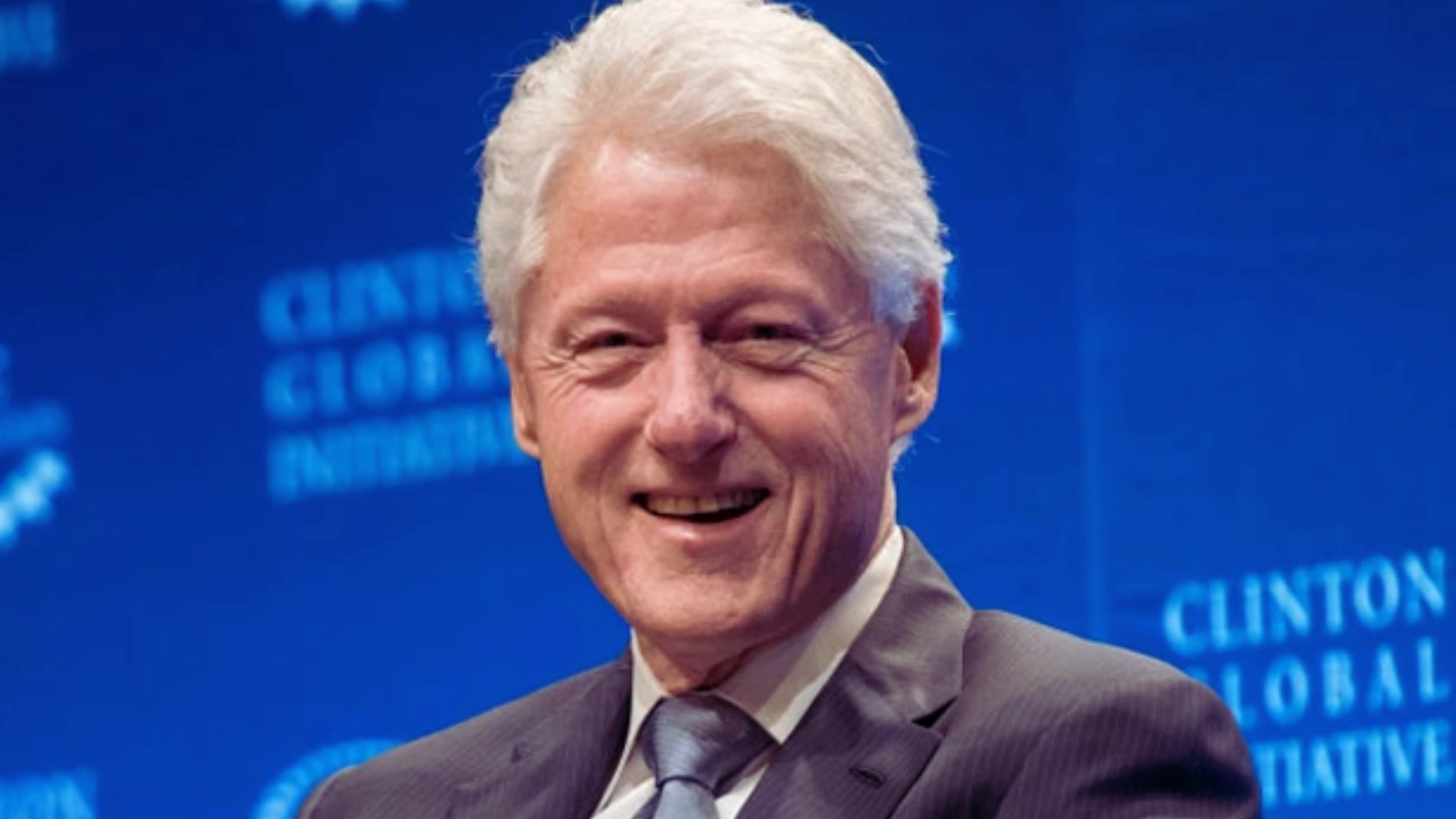Abu Mohammed al-Golani is one of the key figures at 42 years of age in Syria’s civil war. He has developed from a jihadist to a leader pushing for pluralism and state-building. His story captures a dramatic shift from extremist roots while working on developing a more moderate image.
Al-Golani, the leader of Hayat Tahrir al-Sham (HTS), played a crucial role in the insurgency that drove out President Bashar al-Assad and overthrew his regime after more than five decades of the Assad family’s rule. The rebel offensive led to the capital city, Damascus, falling, with the cause for Syrians to celebrate at the end of Assad’s reign. Opposition groups asked fighters and citizens to secure state institutions for “the free Syrian state.”
Al-Golani’s group, originally part of al-Qaida’s Nusra Front, gained strength by eliminating rivals and establishing control in northwestern Idlib province. There, he created a de facto government supported by local tribes and communities. This approach marked a departure from his earlier hardline image.
Calls for Pluralism and Institutional Governance
In interviews, al-Golani has been quoted to stress the need for inclusive governance in Syria. “Syria deserves a system where decisions are made by institutions, not one leader,” he said, indicating a turn toward state-building and perhaps even the eventual dissolution of HTS following Assad’s downfall.
Al-Golani’s journey from an al-Qaida-linked fighter in Iraq to the HTS leader has been marked by a series of rebranding efforts. In 2016, he cut ties with al-Qaida and rebranded his group to Jabhat Fateh al-Sham and later to HTS. This enabled him to consolidate alliances with different ethnic and religious groups that were barred by extremist factions.
While al-Golani’s current image reflects his ambitions for a new Syria, the country remains fractured, with international powers vying for influence. Questions linger about his role as a leader and the challenges of navigating Syria’s future amid ongoing turmoil.
Aftermath of Assad’s Fall
Syrian state television is broadcasting a statement announcing that President Assad has been overthrown and that detainees are being freed. Opposition forces have asked Syrians to keep the situation under control and to protect national institutions during this transitional phase.
Al-Golani, in leading Syria on a path uncertain, will also be tested in his leadership and vision for the future of the country, which can reshuffle the political and social fabric of the nation.
Read More : South Korean Police Weigh Travel Ban On President Yoon Amid Martial Law Investigation


















